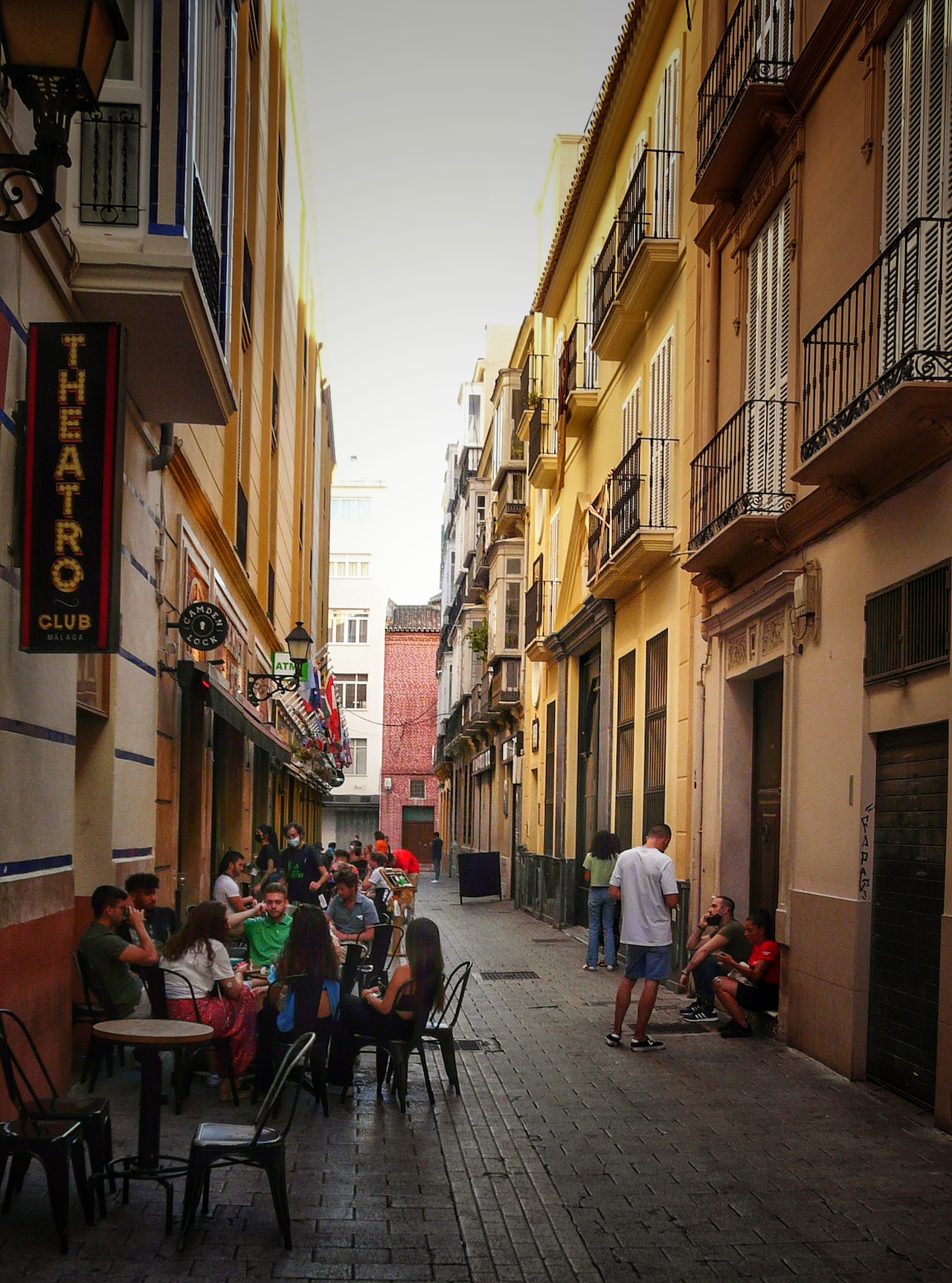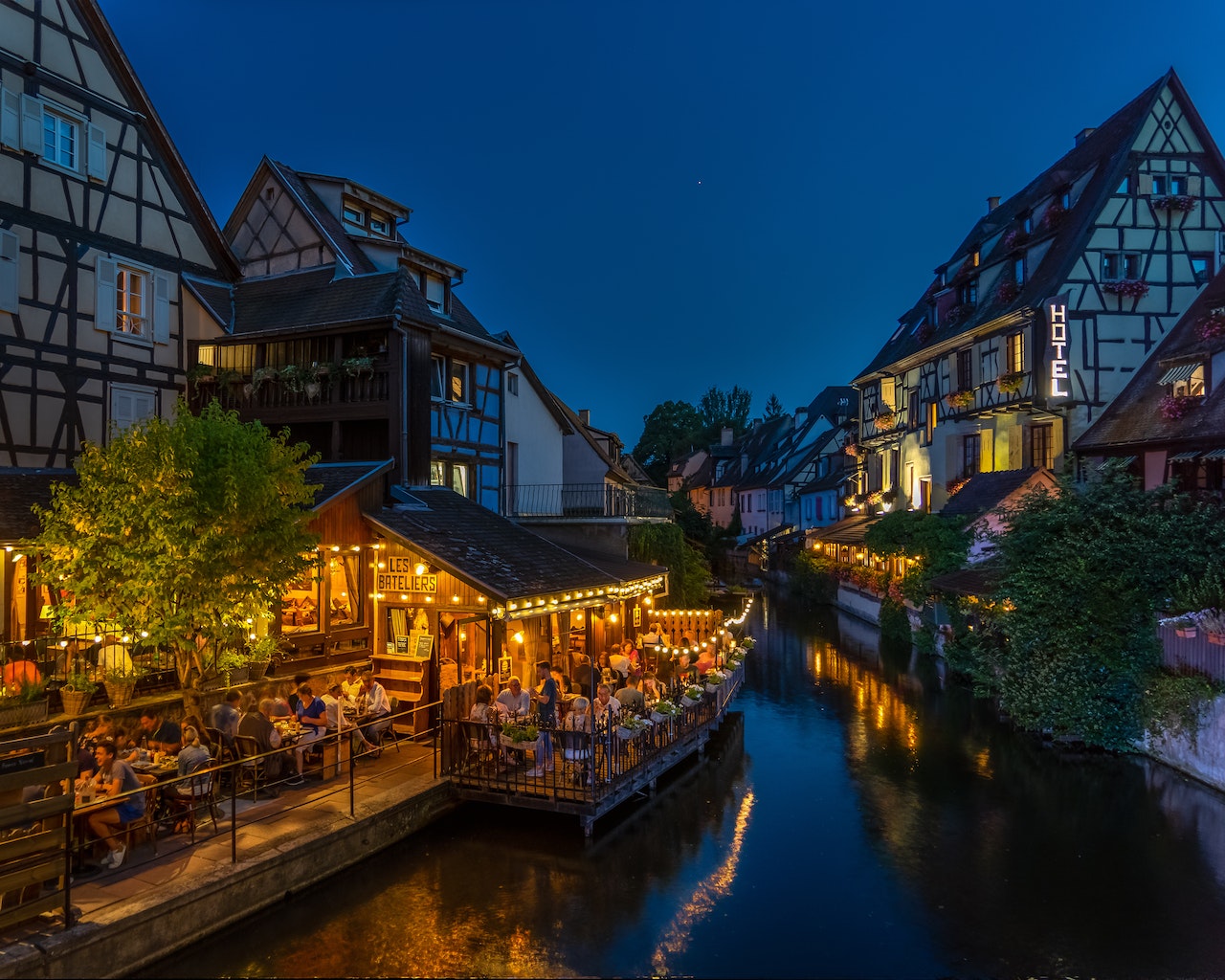Hostels have become increasingly popular in recent years, especially among young travelers and budget-conscious tourists. But how do hostels work, and what should you expect from hostel life? In this article, we'll delve into the ins and outs of hostels and help you understand how to make the most of your stay.
1. What is a Hostel?
At its core, a hostel is a type of accommodation that offers affordable, shared rooms and communal spaces for travelers. Hostels are often associated with backpackers and budget travelers, but they can be a great option for anyone looking for a social, community-oriented experience.

2. How do Hostels Work?
Hostels typically offer a range of accommodation options, from dormitory-style rooms with bunk beds to private rooms with shared or en-suite bathrooms. Some hostels also offer amenities such as kitchens, laundry facilities, and common areas for socializing and relaxation.

One of the key features of hostels is the communal aspect. Guests share the common spaces and facilities, which can lead to a vibrant social atmosphere and the opportunity to meet other travelers from around the world. Many hostels also organize social events such as group dinners, pub crawls, and city tours, which can be a great way to explore a new place and make new friends.
Hostels are often much cheaper than traditional hotels or guesthouses, making them a great option for budget-conscious travelers. However, this lower price point often means that hostels offer fewer amenities and services than more expensive accommodations.
3. What to Expect from Hostel Life
While hostels can offer a unique and enriching travel experience, it's important to be prepared for some of the potential downsides. Here are a few things to keep in mind when staying in a hostel:
- Noise: With so many people sharing the same space, noise can be a big issue in hostels. It's important to be considerate of other guests and keep noise levels to a minimum, especially during quiet hours.
- Privacy: Depending on the type of room you book, privacy can be limited in hostels. Dormitory-style rooms with bunk beds offer very little privacy, while private rooms with shared bathrooms can still feel communal.
- Cleanliness: Hostels may not be as pristine as more expensive accommodations, and you may need to share facilities like bathrooms and kitchens with other guests. It's important to clean up after yourself and respect shared spaces to keep the hostel clean and comfortable for everyone.
- Security: While many hostels are safe and secure, it's important to take precautions to protect your belongings. Make sure to use the lockers provided and keep valuable items with you at all times.

4. Final Thoughts
Hostels can be a great option for travelers looking for an affordable, community-oriented travel experience. While they may not offer all the amenities and services of traditional hotels, hostels provide a unique opportunity to meet new people, explore new places, and make lasting memories. With a little preparation and consideration for other guests, you can make the most of your hostel stay and enjoy all the benefits that this type of accommodation has to offer.





